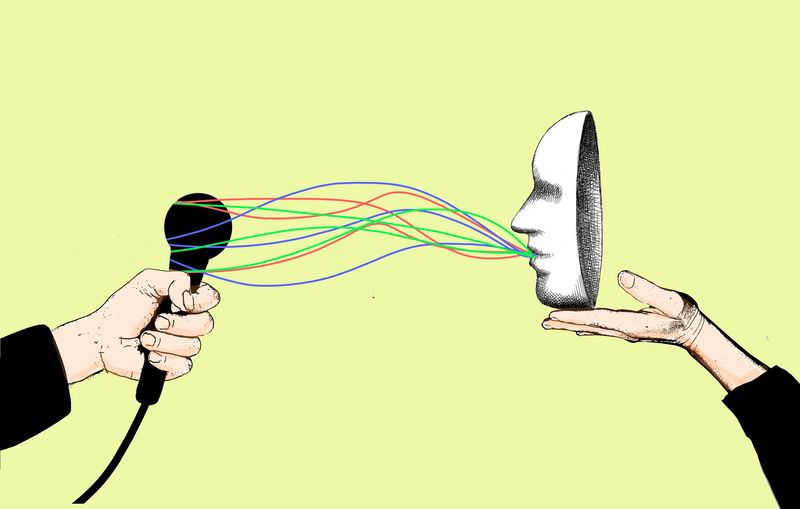While the idea of serial killer traits being present in normal, everyday behavior may seem unsettling, these characteristics can often manifest in benign ways. Understanding these traits can help us differentiate between harmless quirks and more concerning behaviors.
1. Charismatic Charm

Charismatic charm is often seen in serial killers, allowing them to gain trust easily. It’s a trait that normal people display daily, like when someone effortlessly becomes the life of a party. This charm can be both appealing and disarming.
In everyday life, this trait manifests as someone who easily captivates others with their stories or presence. People may not realize they’re under its spell, simply enjoying the engaging nature.
However, in darker contexts, this ability can be manipulated for nefarious purposes, highlighting the thin line between charm and deceit.
2. Meticulous Planning

Meticulous planning is a hallmark of serial killers, ensuring their actions go undetected. Yet, this trait is also common among organized individuals who meticulously plan their day.
Everyday planners use this skill to manage tasks, coordinate events, or prepare for future endeavors with precision. Their ability to foresee challenges and create detailed strategies is impressive.
While this trait can be harmless, its potential misuse in criminal activities demonstrates the importance of context. What might be harmless planning can, without moral restraint, become something sinister.
3. Empathy Manipulation

Empathy manipulation is a tool for some, enabling them to exploit others’ emotions. This trait is demonstrated daily by those who can gauge feelings and react accordingly.
In a benign form, it appears as emotional intelligence, allowing individuals to connect deeply with others. They make others feel understood and valued, enhancing relationships.
Conversely, such empathy can be twisted by those with darker motives, using others’ vulnerabilities to their advantage. It’s a reminder of how empathy’s dual nature requires careful reflection.
4. Compulsive Lying

Compulsive lying is a behavior often linked to serial killers, creating alternate realities. However, this behavior can also be seen in everyday storytelling.
Some individuals lie compulsively to embellish stories or avoid conflict. These fabrications might seem harmless, adding excitement to mundane tales or sidestepping disagreements.
Yet, unchecked, this tendency can lead to damaging consequences, eroding trust and credibility. The fine line between harmless storytelling and deceit underscores the complexity of truth in human interaction.
5. Lack of Remorse

A lack of remorse is chillingly common in serial killers, allowing them to act without guilt. Surprisingly, this trait can appear in day-to-day life when individuals show no regret over small transgressions.
It might manifest as someone who brushes off a mistake or conflict with indifference, maintaining a calm, detached demeanor. Others might perceive this as a sign of strength or confidence.
However, an absence of guilt can also be worrisome, especially if it leads to repeated negative behaviors. It highlights the delicate balance between confidence and callousness.
6. Obsessive Interests

Obsessive interests can be a driving force for serial killers, fixating on specific targets or methods. Interestingly, this intensity is present in many people’s hobbies.
A person may become deeply engrossed in collecting stamps, arranging them with meticulous care. These passions, while seemingly innocuous, reflect focused energy and dedication.
While enthusiasts find joy in their obsessions, there’s a cautionary tale of imbalance. When interests overshadow reality, they can become all-consuming, reminding us of the need for moderation.
7. Superficial Charm

Superficial charm, often linked to serial killers, involves an ability to appear engaging without genuine connection. It’s a trait that many people demonstrate in social settings.
Think of someone who moves through a crowd with ease, engaging everyone but revealing little of themselves. This charm is often mistaken for warmth, though it may lack depth.
While this ability can facilitate social interactions, it can also serve as a mask, hiding true intentions. It underscores the complexities of human connection, where appearances can be deceiving.

Well, hello there!
My name is Jennifer. Besides being an orthodontist, I am a mother to 3 playful boys. In this motherhood journey, I can say I will never know everything. That’s why I always strive to read a lot, and that’s why I started writing about all the smithereens I came across so that you can have everything in one place! Enjoy and stay positive; you’ve got this!

